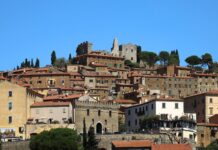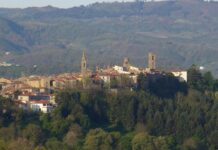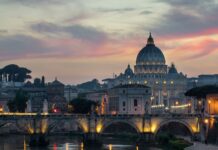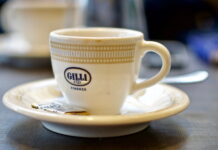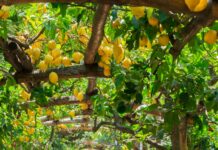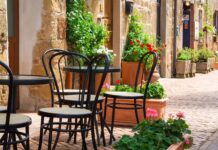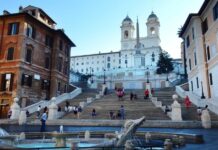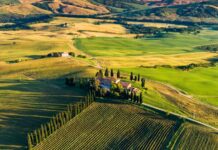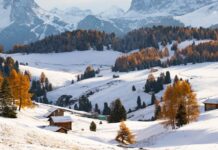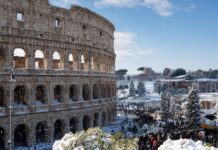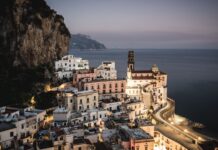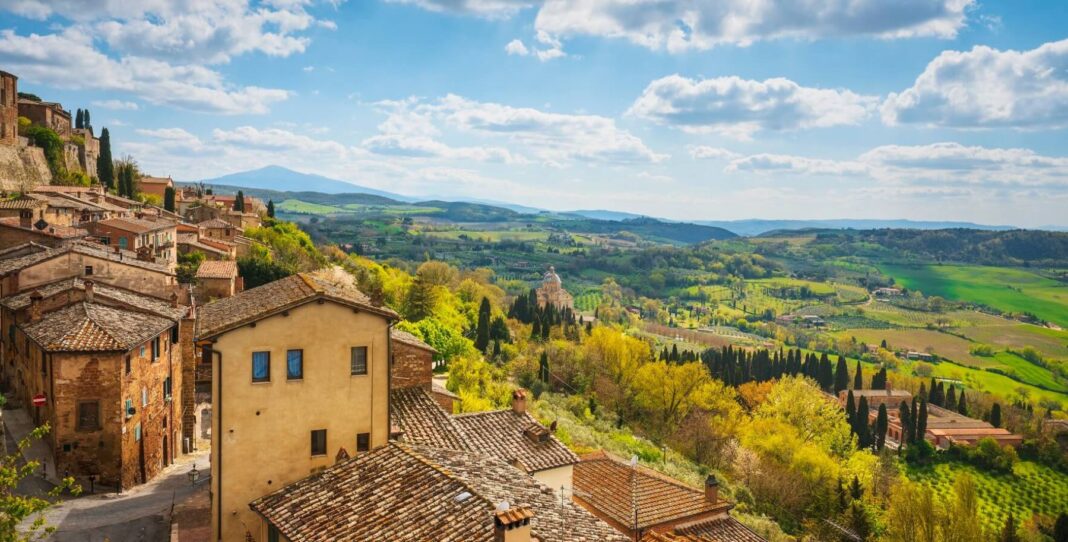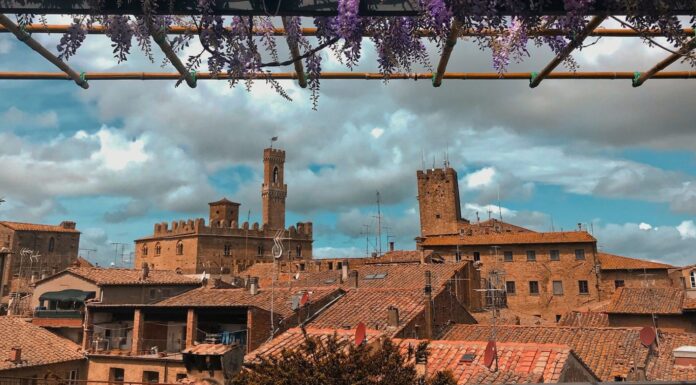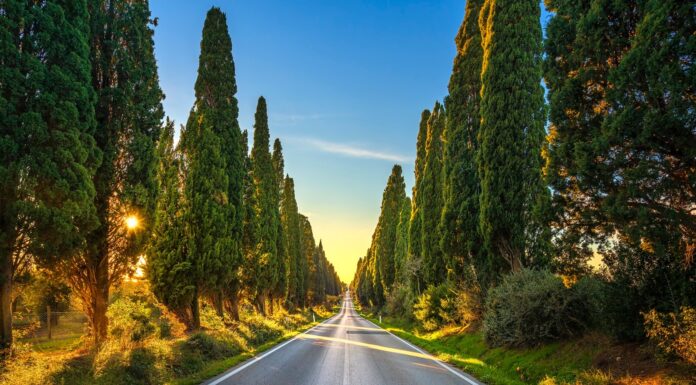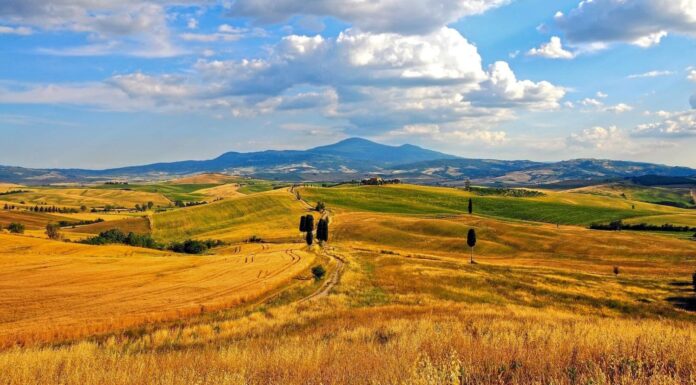Montepulciano, Italy is truly a delight for anyone who gets the opportunity to visit. Located in Tuscany, the small town offers a glimpse into true Italian life.
One of the most recognized parts of Montepulciano is its main square, which was used in the beloved Twilight movie sequel, New Moon. But this little gem has so much more to offer. From handmade pasta dishes at cozy restaurants to wine known as the “most noble of the wines”, this destination is great for anyone interested in Italian gastronomy. Renaissance architecture, cobble streets, and local shops add to the town’s charm.
If you’re intrigued (and you should be), it’s a good idea to learn more about Montepulciano before heading off on your adventure. Now, let’s jump into the best things to do, places to stay, eateries to dine at, and wineries to visit.
Where is Montepulciano and How to Get There
Montepulciano sits in southeastern Tuscany, west of Perugia in the Umbria region.
Luckily, there are plenty of ways to get to Montepulciano. Both car and public transportation are great ways to arrive to this lovely town.
If you’re coming from Siena, which is 65 km away, driving will take just under an hour. The bus will take roughly 2 hours.
Montepulciano is 109 km away from Florence. The drive south via A1/E35 is about an hour and a half. To travel by public transport, you’ll probably have to use a combination of train and bus, which takes 3-3.5 hours.
To get there from Rome, which is 180 km away, you’ll head north via A1/E35 for approximately 2-2.5 hours. Public transport is a great option if you’re coming from Italy’s capital. At just a 2.5-3 hour journey, it doesn’t take much longer than driving.
9 Things to Do in Montepulciano
1. Explore the Town and “Il Corso”
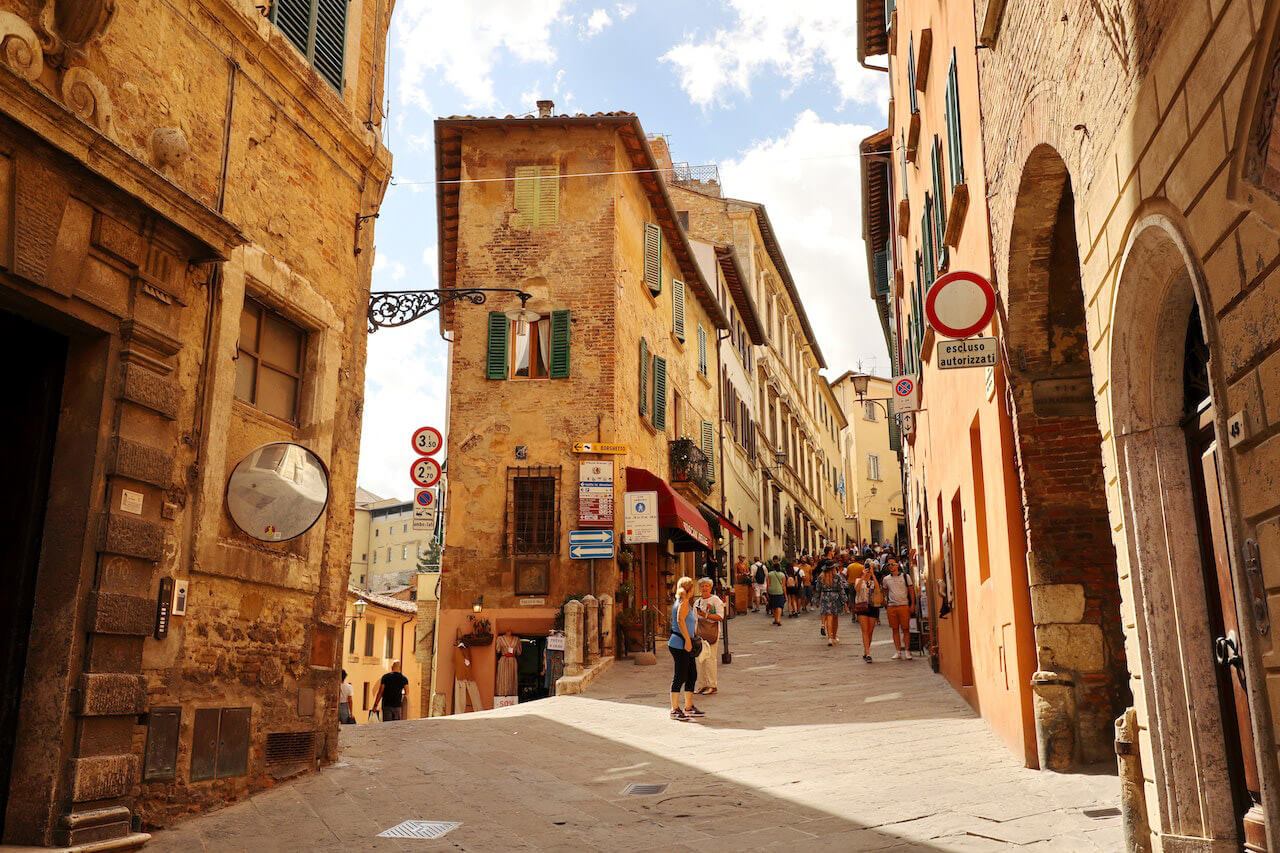
Exploring Montepulciano’s medieval old town is a journey back in time. From the ancient buildings to the maze of narrow alleyways, visitors can take in the town’s charm simply by taking a stroll.
The old town also features fascinating architecture and delicatessen stores that offer tasty meats, cheeses, and wines.
Along Il Corso, the town’s main street, some of the most impressive buildings stand tall. Beautiful palaces like Palazzo di Bucelli, Palazzo Cocconi, and Palazzo Avignonesi can be admired from Il Corso.
Don’t forget to stop at Caffè Poliziano, a historic cafe that offers a sweeping view of the Tuscan landscape from Il Corso.
2. Piazza Grande
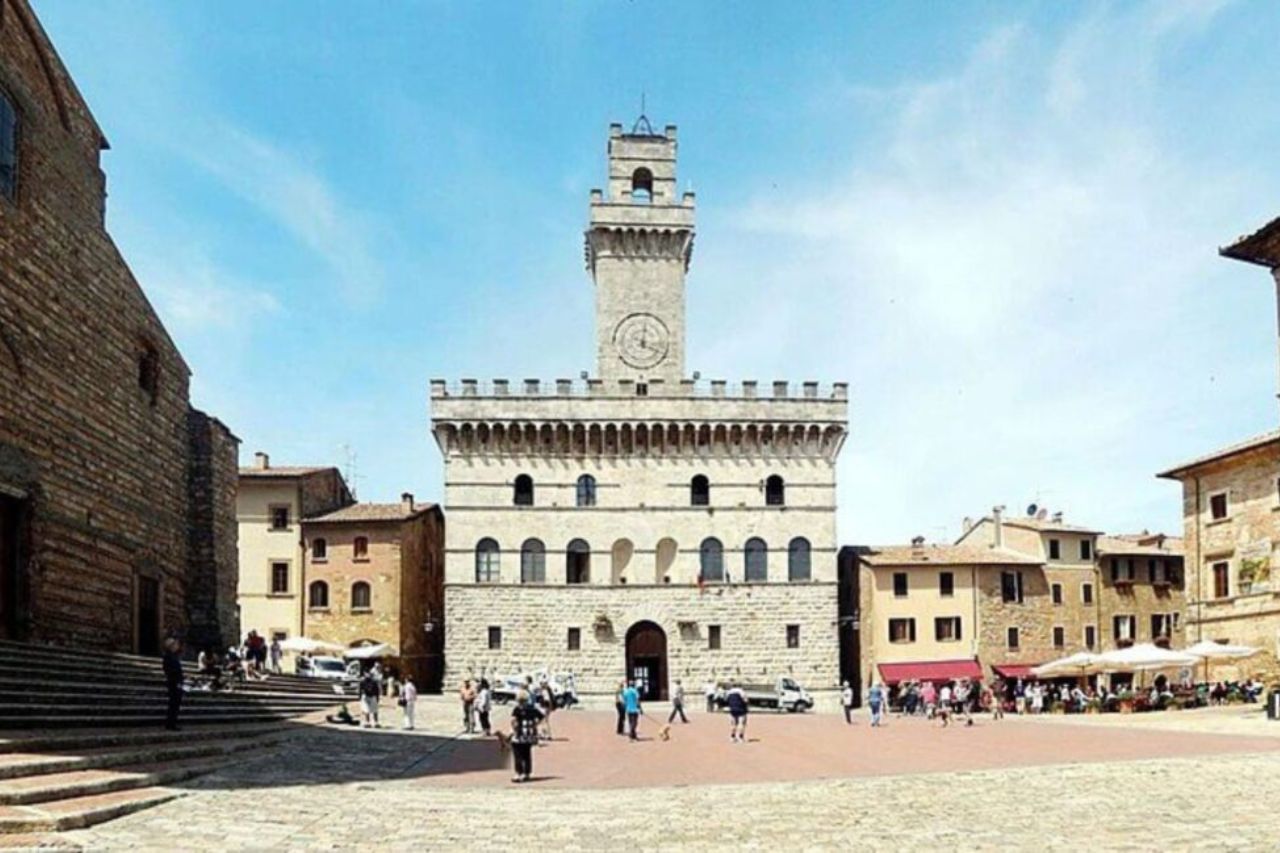
Piazza Grande sits at Montepulciano’s highest point and has long been the town’s primary gathering spot. You might quickly recognize the plaza, which is famous for its role in iconic scenes of the Twilight movie sequel.
The 14th-century square is surrounded by local cafes, small shops, and stunning buildings, including the town hall. It’s the perfect place to relax and grab a coffee before heading into Palazzo Comunale, Palazzo del Capitano, or Palazzo Tarugi.
3. Palazzo Tarugi and Palazzo Comunale
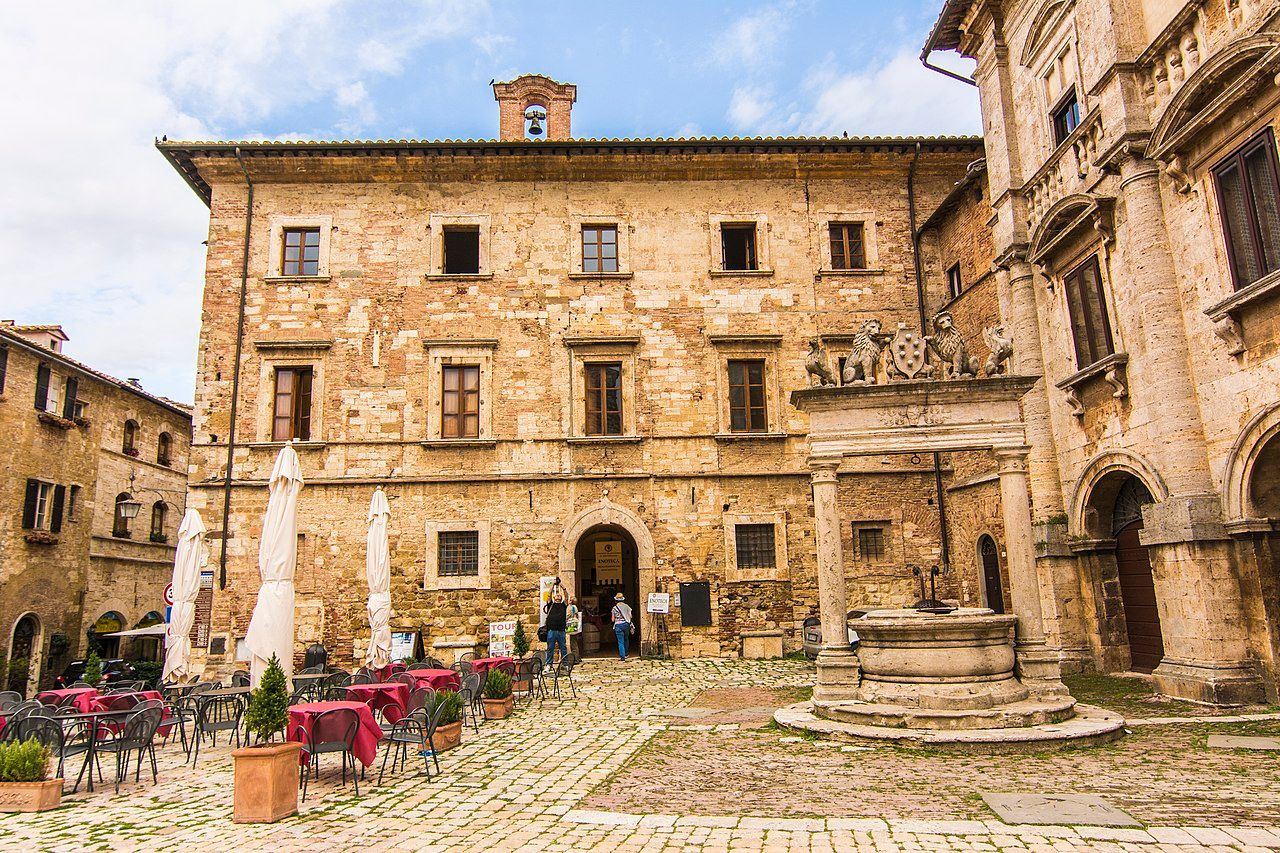
Located in Piazza Grande, these palazzi are praised as attractions for Renaissance architecture, art, and history.
Palazzo Tarugi sits opposite the bell tower and is covered in travertine, a kind of limestone. Visitors can check out the portico, stone arches, and half-columns from the outside, but keep in mind that it’s not currently open to the public.
Palazzo Comunale was built in Gothic style and still serves as the seat of the town hall. Visitors can pay a small fee to enter the terrace or climb up the tower to see a panoramic view of green hills, lakes, and rooftops.
4. Cathedral of Santa Maria Assunta
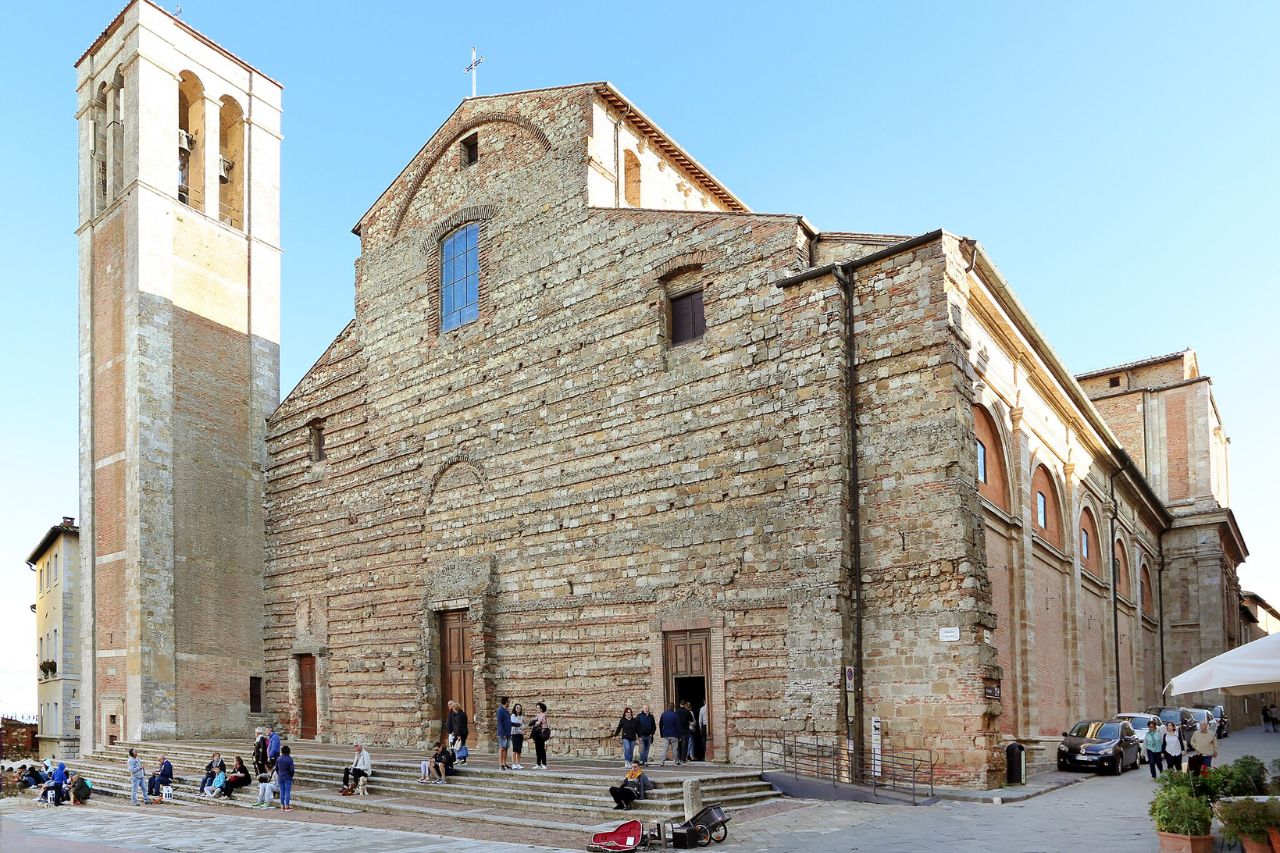
The Cattedrale di Santa Maria Assunta was built between 1586 and 1680, and was later consecrated in 1712. It was constructed in place of the old Pieve di Santa Maria, and the only surviving structure is the bell tower.
The cathedral’s architecture has a clear Florentine influence, and the interior features an abundance of artwork and wooden statues.
5. Ercolani Winery – La Città Sotterranea
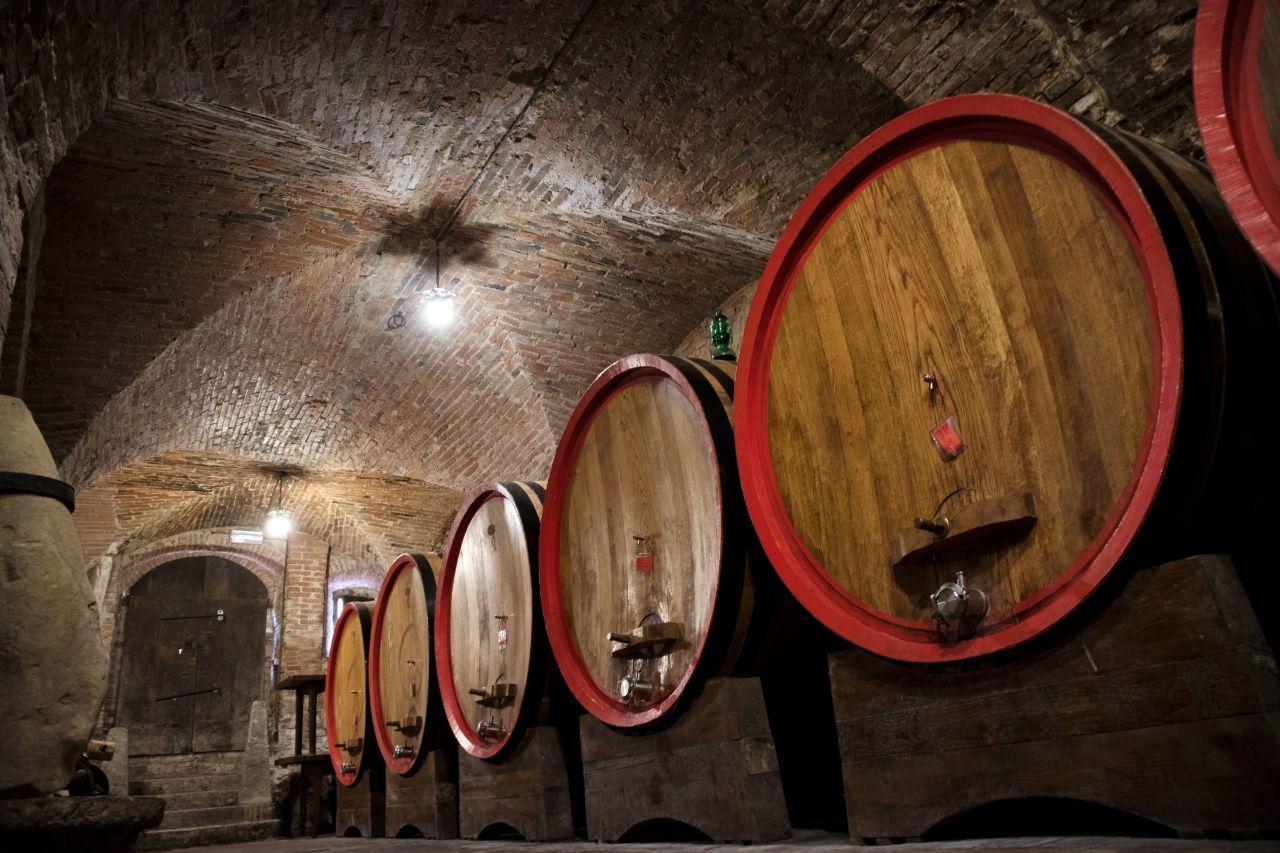
La Città Sotterranea, Italian for The Underground City, is a treasure not easily seen. It’s free to enter and consists of winding passages, tunnels, and stone stairs that lead to cellars with plenty to offer.
In these ancient rooms, you can partake in tastings of local products including cheeses, meats, truffles, olive oil, and wine. Groups can also organize truffle hunts, guided tours of the tunnels, harvest activities.
Plus, when you leave The Underground City, you’ll get a free tasting of products sold in the store, where you can purchase your favorite goods.
6. Cooking Classes
While you’re in Italy, it’s a wonderful idea to take up cooking classes to learn how to make your favorite Italian dishes. It’s perfect for those who have an appreciation for truly authentic Italian food and culture.
There is plenty of variety in class options, depending on your budget, what you want to cook, and whether or not you’re in a group.
If you’re a pasta lover, check out a pasta and tiramisù class. Or, if you want to learn how to make multiple dishes, try a 5-course cooking class.
Either way, you’re bound to have a good time and leave with a full stomach.
Discover more: Tuscan Food – A Wealth of Pasta Sauces, Soups, and Sweets!
7. San Biagio Church
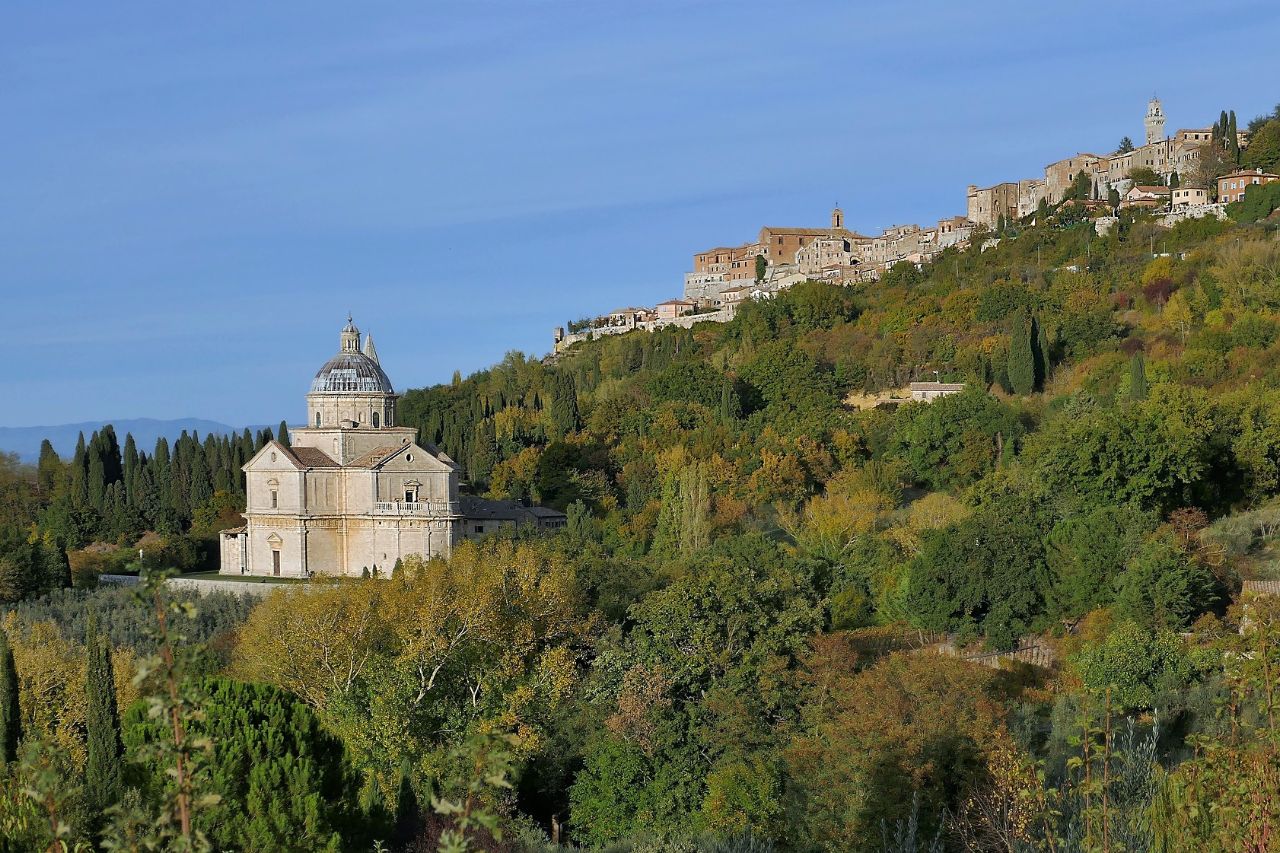
Chiesa di San Biagio is a unique-looking church located on the outskirts of the town. Built in the late Renaissance, the church features a central dome, and two bell towers, although only one was completed.
San Biagio Church is an example of a Greek cross plan, which was used for the original design of Saint Peter’s Basilica.
The interior is quite simple except for the High Altar, which has more extravagant decor. Outside the church are a small 16th-century well and manicured lawns.
Explore more: Cathedrals in Italy – Exploring Italy’s Historic Treasures
8. The Twilight Locations
If you’ve seen the Twilight sequel, New Moon, you might recognize pictures of Montepulciano. Originally, scenes from the book and film are set in the Tuscan town of Volterra, but Montepulciano was selected as the filming location.
The movie opens with a scene of the protagonist running through a sea of people dressed in red in Piazza Grande. Scenes featuring the Volturi were captured inside Palazzo Comunale, the Redi cellar, and other palazzi.
One of the final iconic scenes, when Bella runs through the crowd and through the fountain to save Edward, was also filmed in Piazza Grande. Although the fountain was constructed from paper-mâché and wood, the extraordinary plaza and palazzo are completely real.
9. Food and Wine Tasting Tours
No trip to Tuscany is complete without a wine or food-tasting tour. Pick a tour that best suits your budget, wine/food preferences, and the size of your group.
This wine-tasting and lunch tour, for example, includes wine tasting in an ancient cellar and a classic Tuscan lunch with salumi, cheeses, and pasta.
Relax and enjoy some of the best that Montepulciano has to offer by diving right into the culture through any one of these tours.
The Vino Nobile di Montepulciano Red Wine
Around the town, wineries are known to produce the Vino Nobile di Montepulciano DOCG. The ruby red wine, which means Noble Wine in Italian, has a deep and complex flavor with hints that vary from winery to winery. Fortunately for visitors, many of these vineyards and wineries are easily accessible.
Wineries near Montepulciano
Cantina Fanetti was the first producer of the Vino Nobile di Montepulciano DOCG, starting in 1921. This wine, which is aged in wild chestnut and oak barrels, is the perfect dry wine to pair with red meat or wild game.
Palazzo Vecchio is another winery in the area that’s worthy of attention. Surrounded by more than 10 vineyards, the rustic buildings swim in a sea of green. Their 2013, 2016, and 2017 noble wines have hints of small red fruits and spices such as anise and cinnamon.
Bravio delle Botti: Montepulciano’s Thrilling Wine Barrel Race
Eight contrade, or districts, compete by pushing wine barrels through the town’s historic center. This happens every year in Montepulciano, where the Bravio delle Botti takes place on the last Sunday of August. Each contrada is represented by two men who push an 80-kilogram (176-pound) wine barrel throughout the historical center, until Piazza Grande. If you are in Tuscany towards the end of August, don’t miss this unique event in the world!
Where to Stay: Best Hotels in Montepulciano
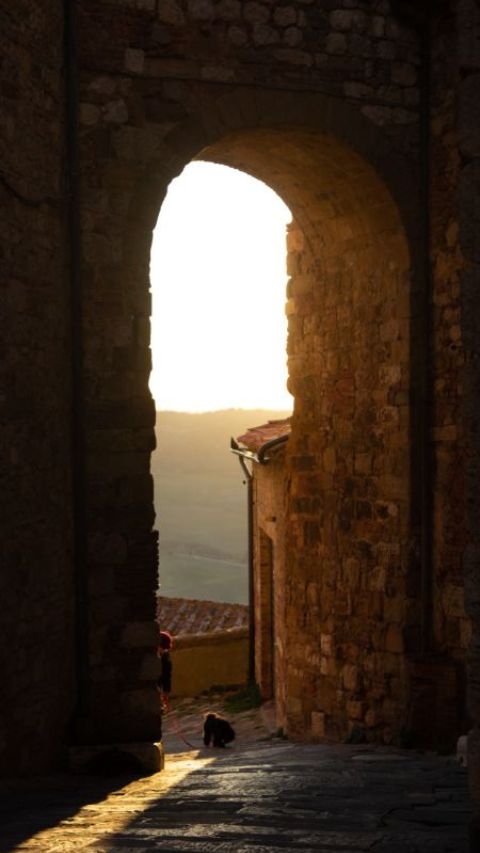
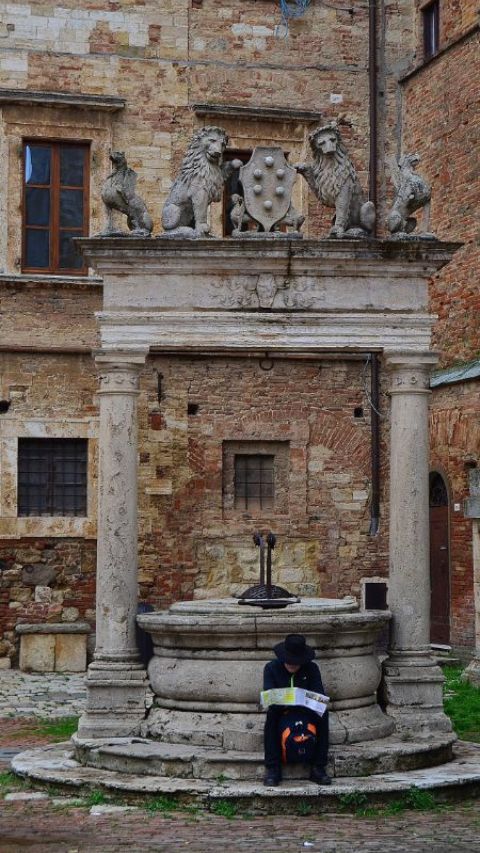
La Terrazza di Montepulciano
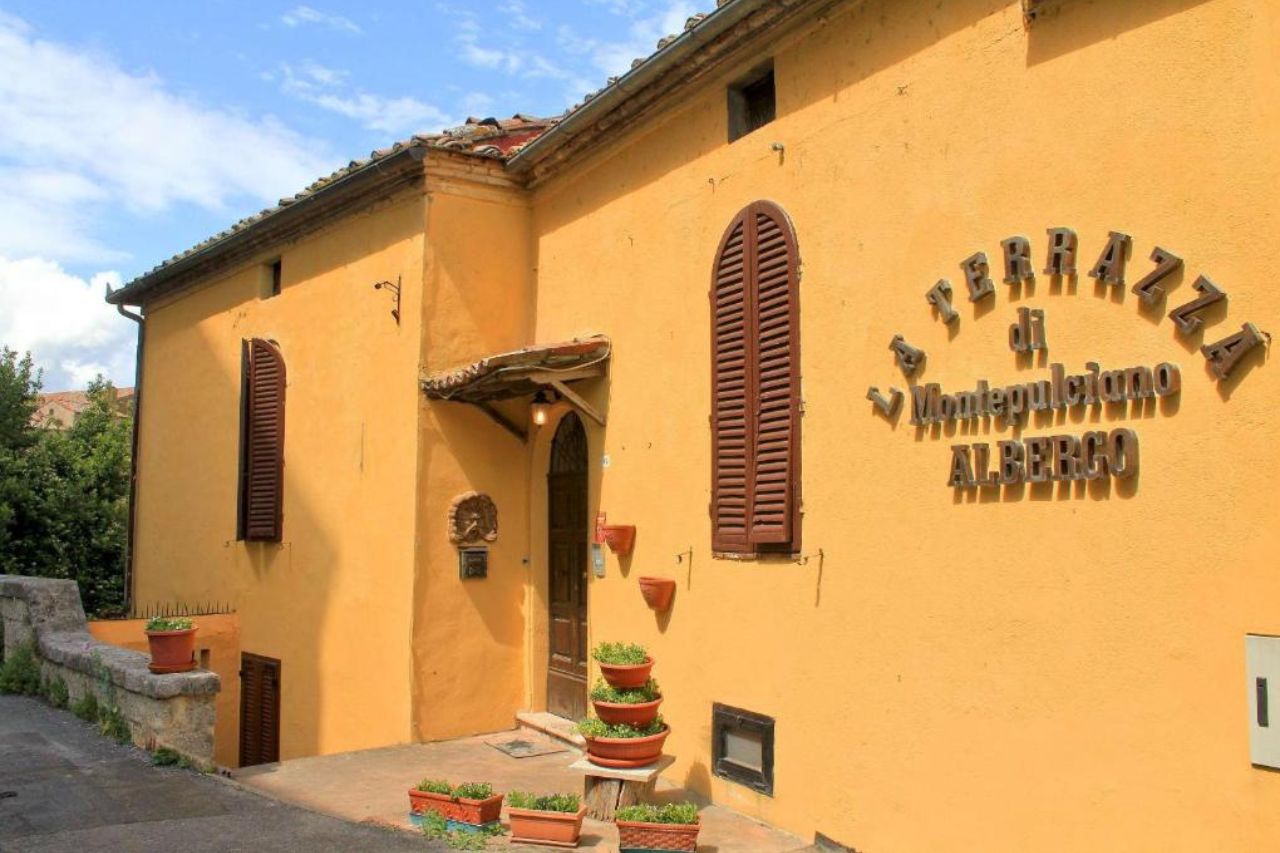
La Terrazza di Montepulciano is located right along the town’s main street and features a beautiful pastel interior. The outdoor terrace, a pleasant space to spend your morning with a cup of coffee, gives the hotel its name.
Agriturismo La Manonera
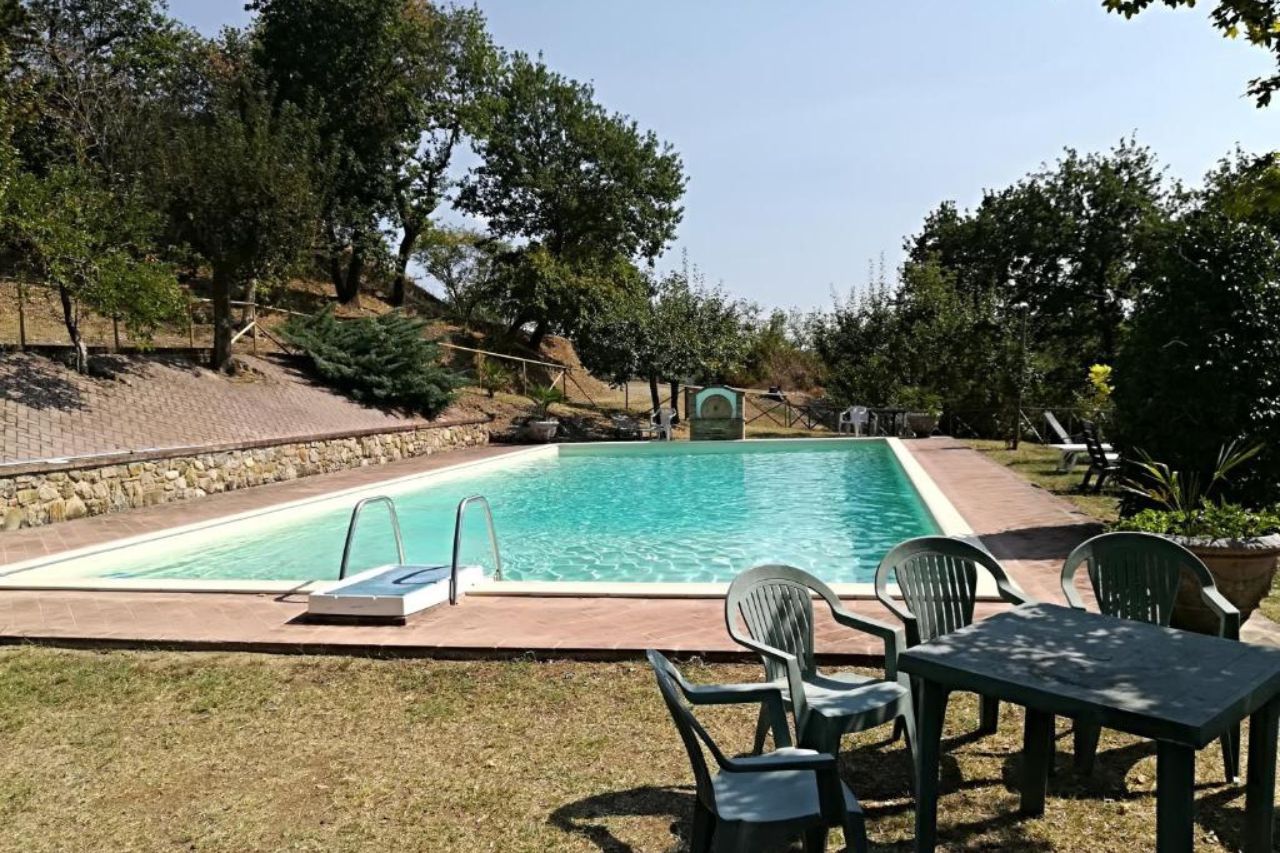
This agritourism sits less than 2 km away from Montepulciano, on top of a hill overlooking Val d’Orcia. Between the pristine pool and the delightful 18th-century farmhouse apartments, it’s a perfectly peaceful space to escape to.
Albergo Il Marzocco
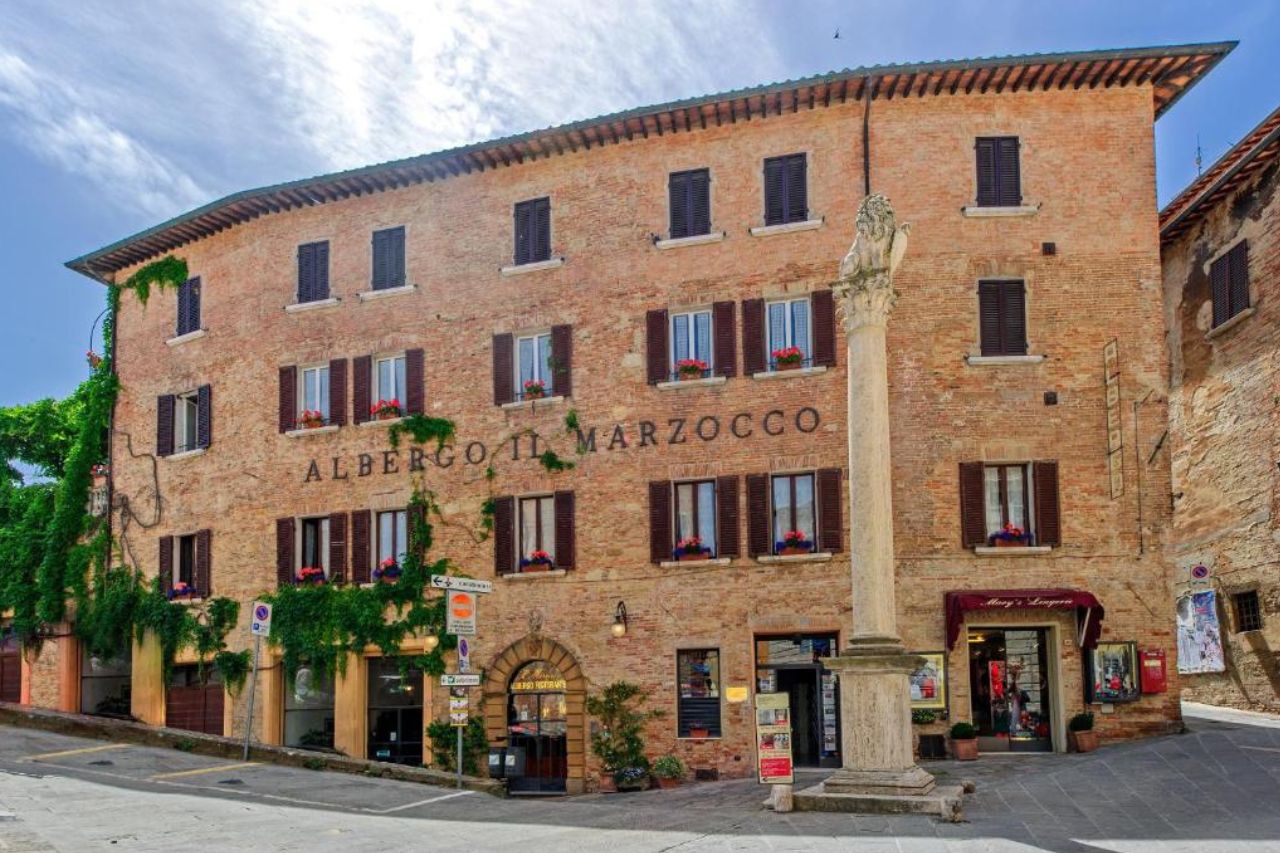
Albergo di Marzocco holds the title of the oldest hotel in town. The breathtaking rooms feature elegant furniture, and some offer lake views, a balcony, and/or a terrace. Guests can enjoy a luxurious breakfast and local wines at the hotel’s bar.
Where to Eat in Montepulciano
La Vineria di Montepulciano
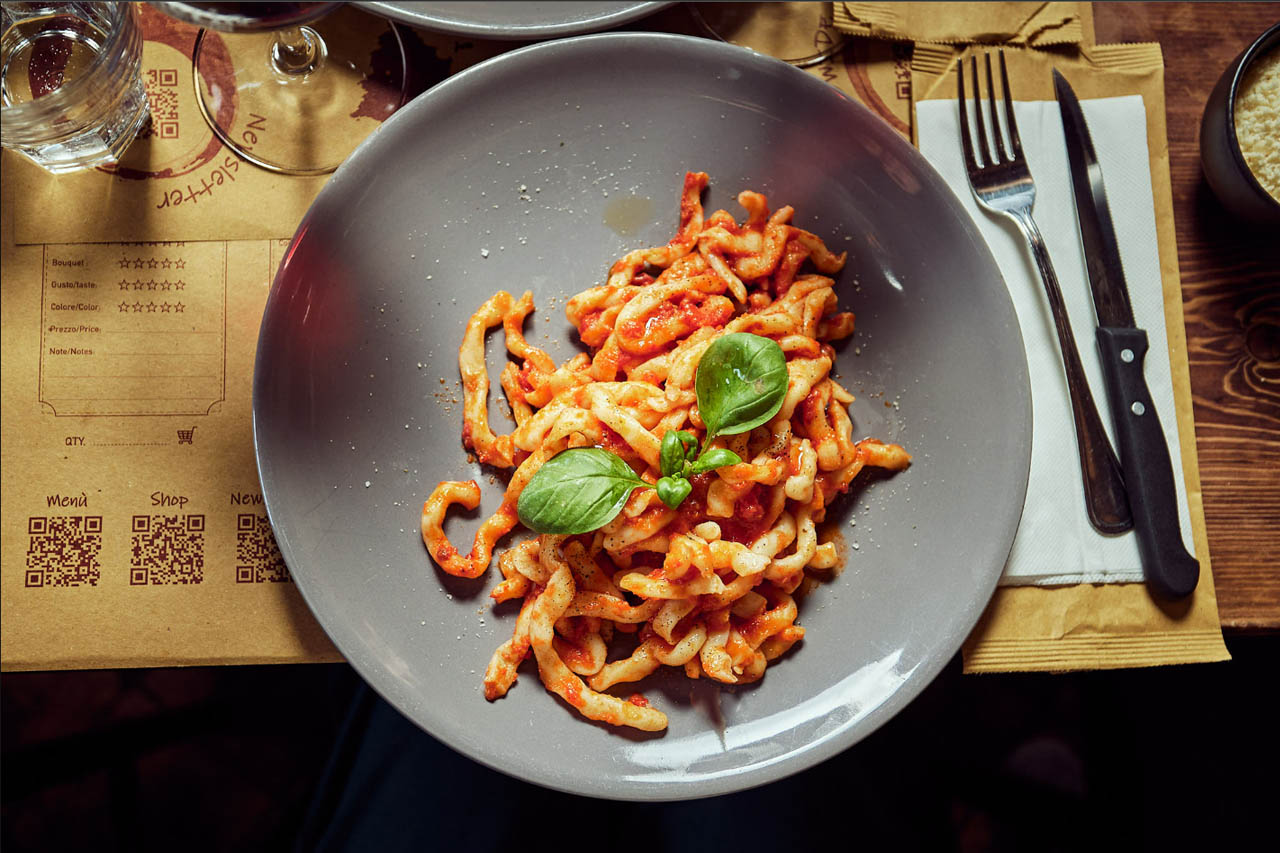
This snug wine bar is the perfect place to spend an evening snacking on charcuterie boards, pasta dishes, and wine. If you’d rather check out La Vineria di Montepulciano before dinner, don’t fret! It’s open from brunch until late at night.
Rosso Rubino Trattoria
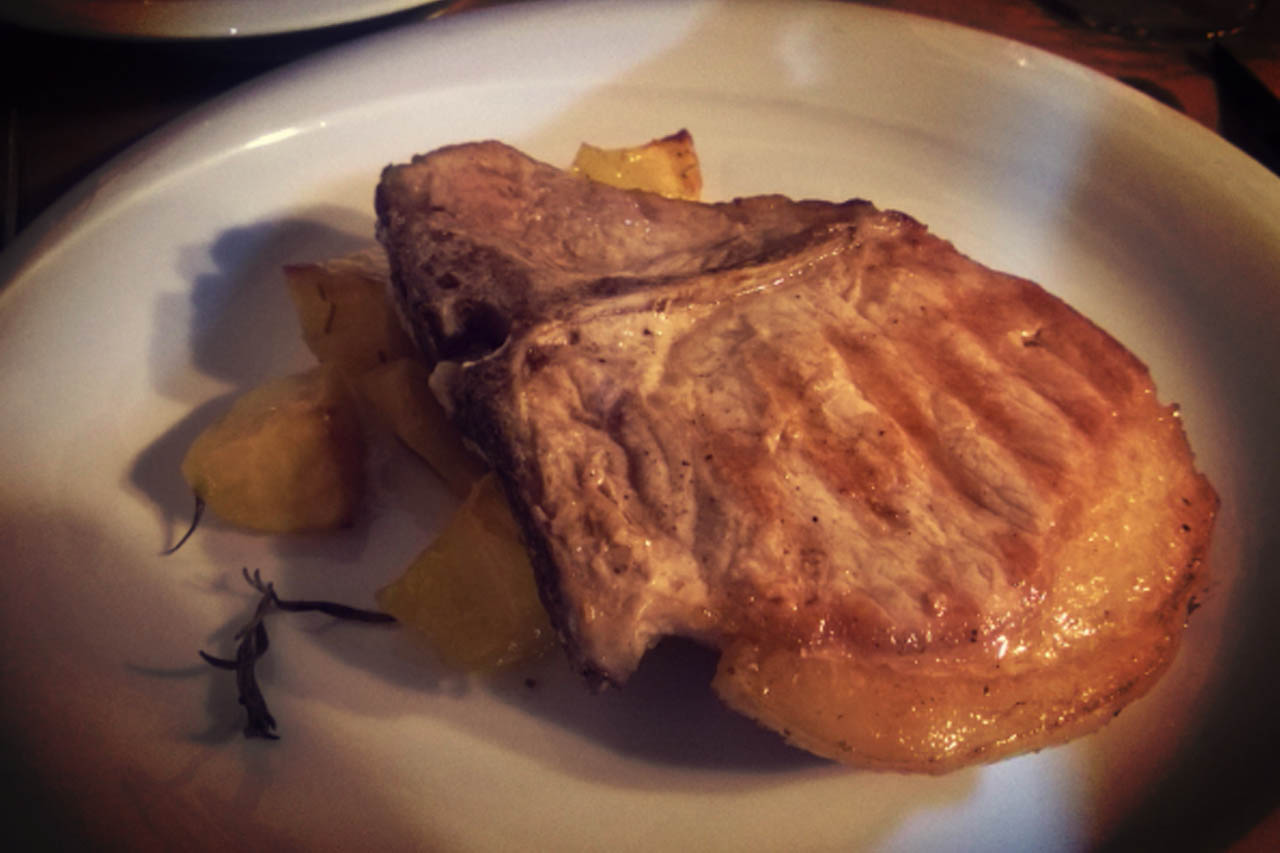
This trattoria serves delectable pasta dishes from scratch, including full plates of tortellini di carne and pici. There are also plenty of traditional Tuscan meat dishes, like the famous bistecca alla fiorentina.
Il Teatro Cucina Toscana
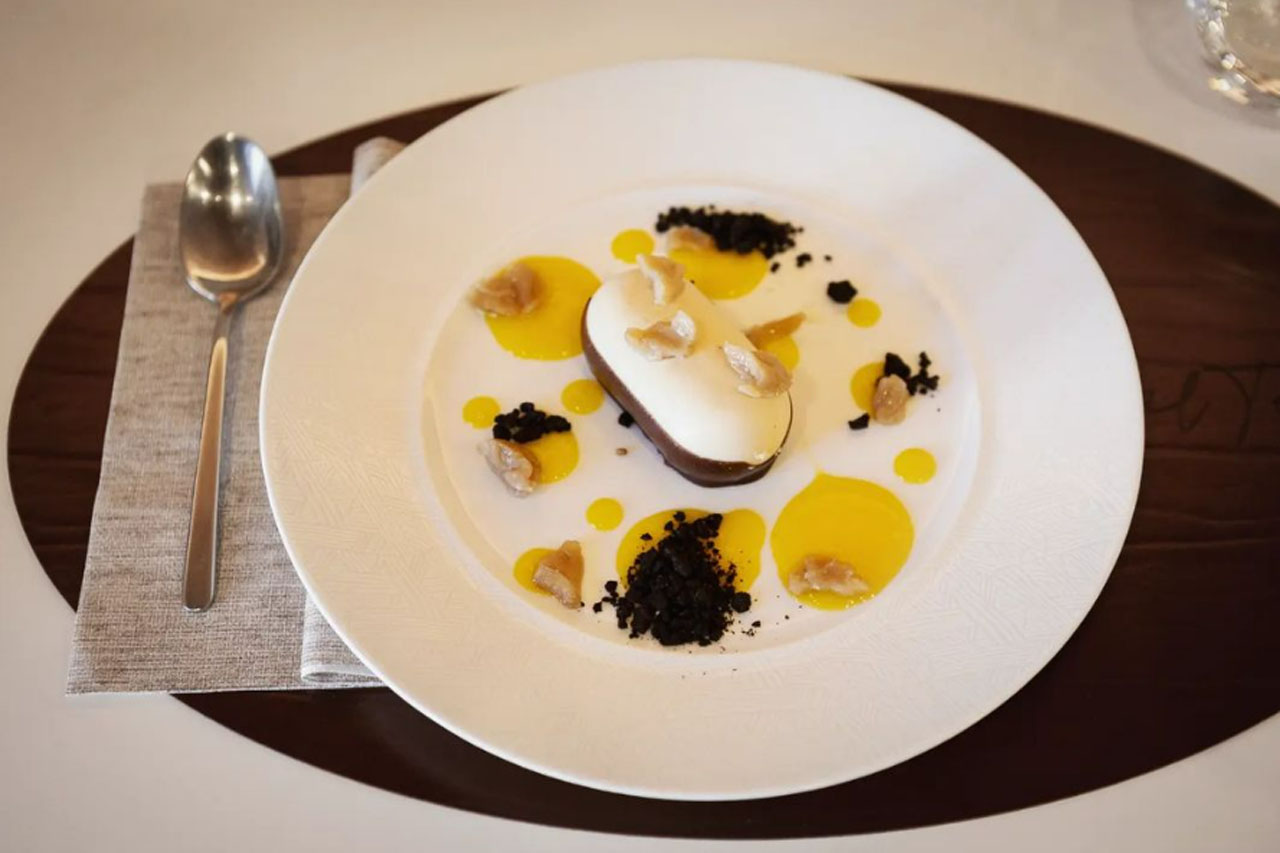
Il Teatro Cucina Toscana is an upscale restaurant that serves visually stunning dishes of seafood and typical Tuscan cuisine. Not only are the plates of food artful, but they’re also mouthwatering. Try the handmade pasta, sausage-stuffed quail, or the Pienza ricotta mousse.
The Best Day Trips from Montepulciano
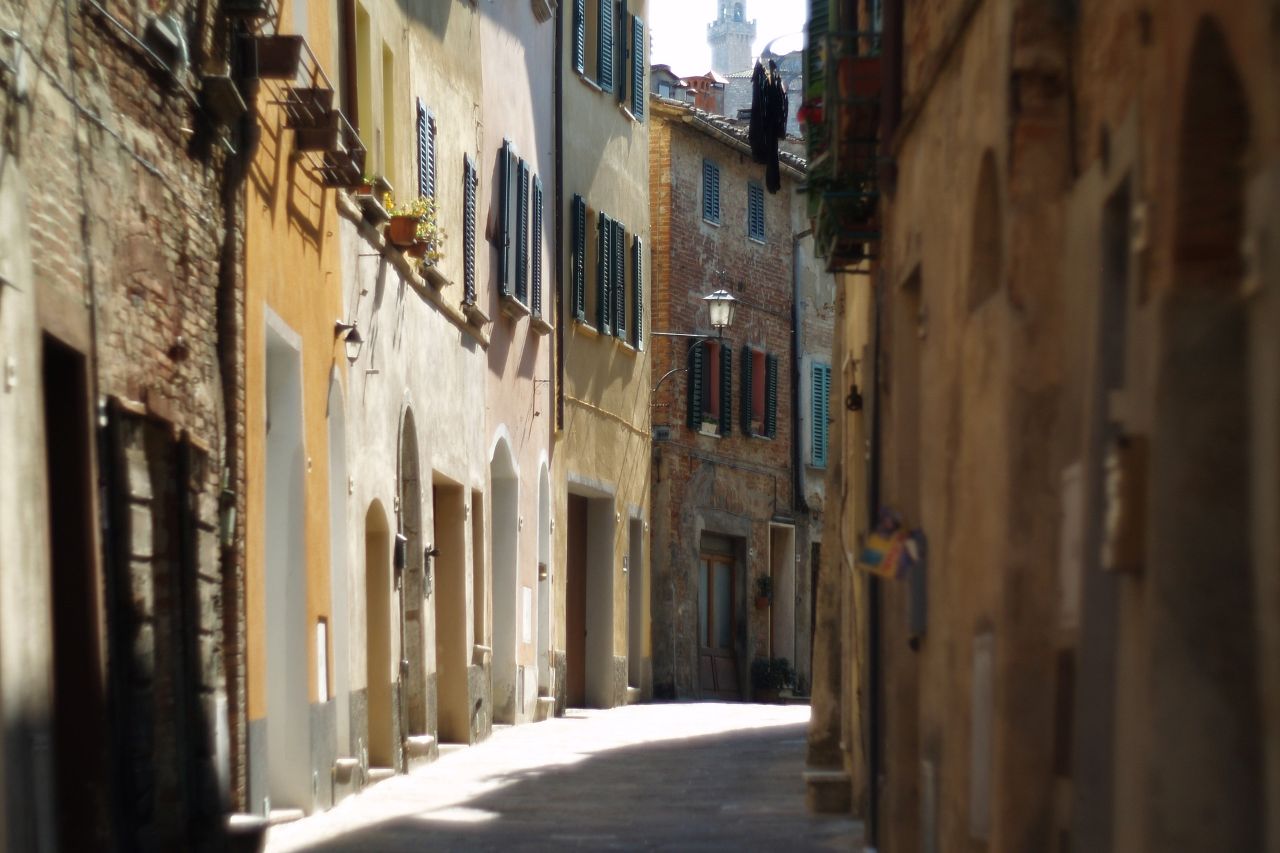
Pienza
Pienza is a small Tuscan town that sits just a 20-minute drive east of Montepulciano. Packed with Renaissance architecture, it boasts its town center, the cathedral of Santa Maria Assunta, and various palazzi.
The picture-perfect streets take you past local shops, including those that sell the famous Pecorino di Pienza, wine, and more.
Montalcino
Montalcino, a town that sits on a hill inhabited since Etruscan times, is another window into ancient history.
Named after a variety of oak trees that once covered the area, Montalcino’s slopes are now dotted with olive trees and vines. The town features plenty of fascinating Medieval architecture, like the 14th-century fortress and the Abbey of Sant’Antimo.
Montalcino is divided into four quarters, which have their own songs and colors and meet for medieval archery contests under the fortress.
Monticchiello
With views of rolling hillside and centuries old frescoes, Monticchiello is another small town not to be missed. It’s also very close to Montepulciano at just 8.4 km (15-min. drive away).
Montichiello’s attractions of interest are the historic center, the Tower of Cassero, and hiking trails. Plus, the town’s outdoor theater space is ideal for plays and other performances.
Saturnia and Bagno Vignoni Hot Springs
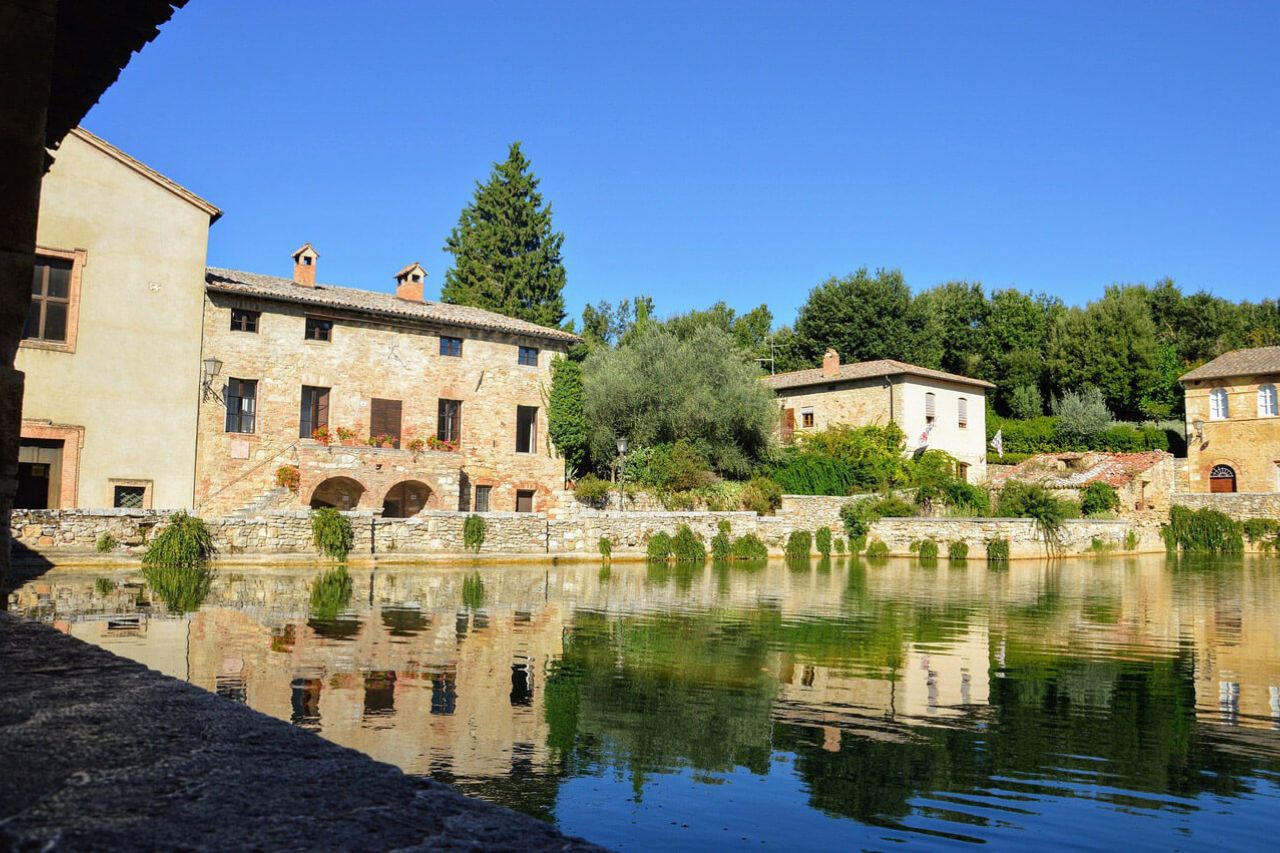
These two popular hot springs destinations offer visitors an opportunity to relax in naturally heated waters surrounded by Tuscany.
Saturnia Hot Springs is perhaps the most well-known hot spring in the country. Its cascading pools of vibrant water are constantly exhibited in photographs and travel blogs, and for a reason. To get there from Montepulciano, you’ll need to drive almost 100 km southwest via SR2.
Bagno Vignoni, situated in the splendid Val d’Orcia, is another famous natural hot spring in Italy. Unlike Saturnia, which is located in nature, the Bagno Vignoni hot springs is encompassed by Renaissance architecture, offering a more sophisticated experience.
San Quirico d’Orcia
The comune of San Quirico d’Orcia, with just approximately 2,500 residents, is roughly 30 minutes west of Montepulciano.
The quiet town is home to plenty of churches, like the Collegiate Church of San Quirico d’Orcia, built in Lombard style, and the Romanesque church of San Biagio a Vignoni.
Also worthy of a visit are Horti Leonini, which is an enchanting community garden, and the fortified town walls that still stand today.
Don’t forget about the cipressi di San Quirico d’Orcia, a cluster of cypress trees isolated in the hillside- they’re perhaps the most famous cypress grove of Tuscany.
Val d’Orcia
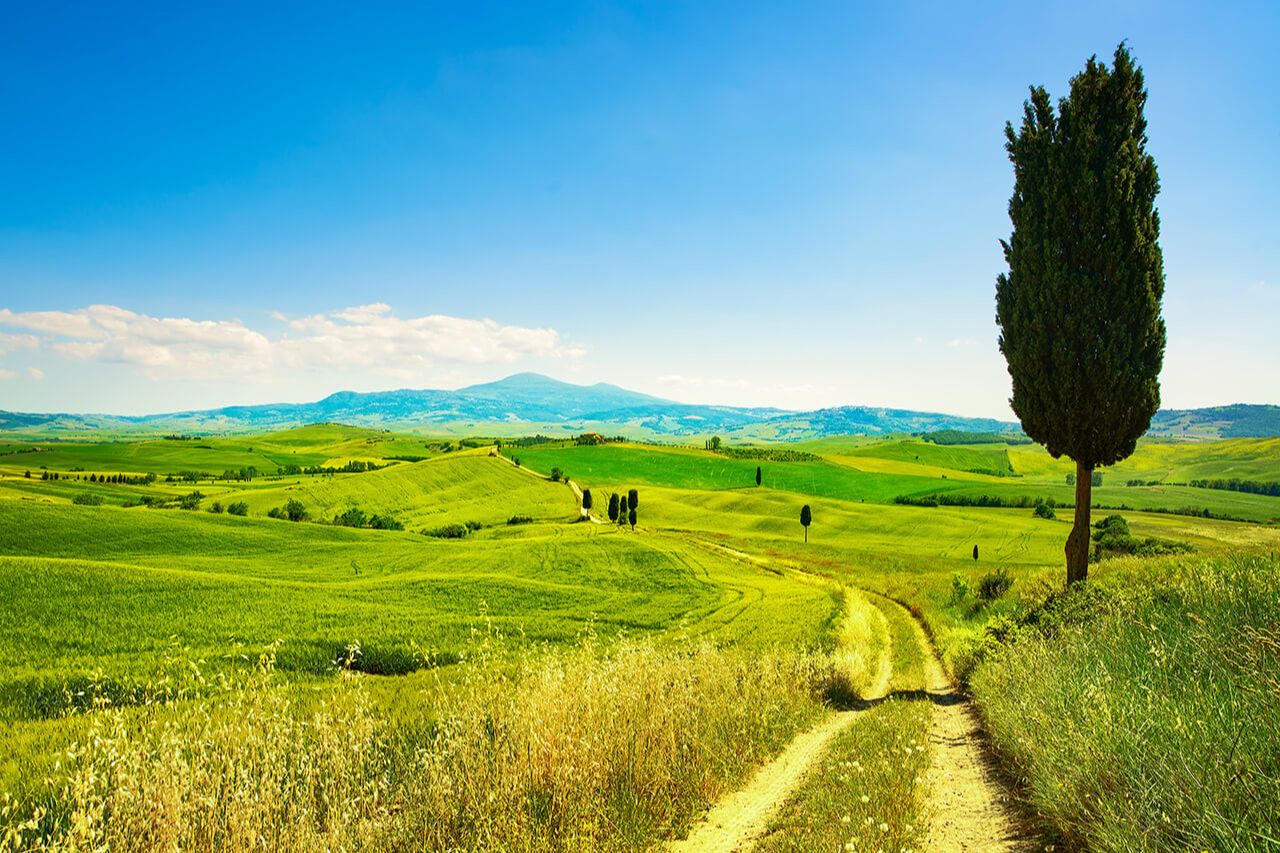
Generally considered as one of the most “Tuscan” landscapes, this valley is full of infinite possibilities. It spans a number of Tuscan towns, including the aforementioned Pienza, Monticchiello, and Montepulciano, in addition to the serene emerald hills.
The lush valley’s towns feature museums, parks, castles, churches, and more, so it’s wonderful for all types of travelers. Between towns, the unique landscape is dominated by olive groves, cypress trees, and fields of crops.
Given its sheer coverage and diversity, the Val d’Orcia is an amazing destination for any visitors in the region.


